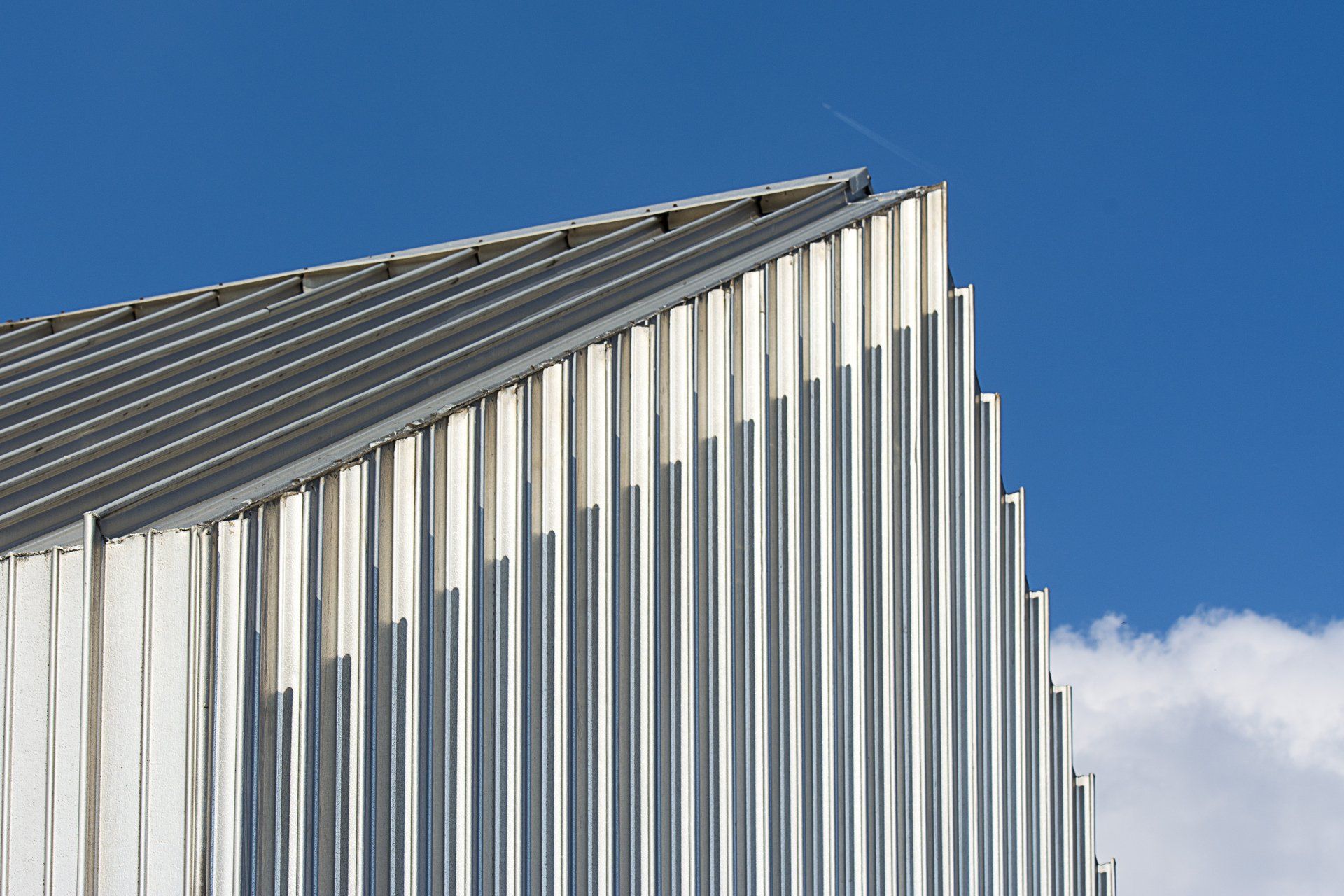What Makes a Roof 'Green'?
Sustainable roofing systems, commonly known as green roofs, integrate vegetation to deliver energy efficiency and environmental benefits. Popular in urban and rural settings alike, these roofs are transforming how we think about building design.

Why Green Roofs Are Good for the Planet
Environmental sustainability is a cornerstone of green roofing systems. Here’s how they benefit the planet:
- Green Roofs and Stormwater Control: Green roofs are effective at absorbing rainwater, preventing excessive runoff and protecting urban drainage systems from being overwhelmed.
- Green Roofs as Natural Air Filters: Cleaner air is a direct result of green roofs, which filter out harmful pollutants through their plant life.
- Reducing Urban Heat with Green Roofs: Green roofs help cool down urban areas by absorbing heat, reducing the heat island effect commonly found in cities.
The Financial Perks of Green Roofs
Beyond the environmental advantages, green roofing offers a range of economic benefits, including:
- Natural Insulation Benefits: Green roofs provide natural insulation, helping to regulate indoor temperatures. This can lead to significant savings on heating and cooling costs, especially in areas with extreme temperatures.
- Long-Term Durability: Protecting your roof with a green system ensures long-term durability and minimizes repair costs.
- Potential Incentives and Rebates: Local governments frequently support green roofs through grants or rebates, reducing upfront costs.
Why Green Roofs Elevate Quality of Life
Green roofs also offer aesthetic and health-related advantages that can significantly enhance the quality of life for building occupants and the surrounding community:
- Visual Appeal of Green Roofs: Aesthetic enhancements from green roofs improve property appeal and add value to commercial and residential spaces.
- Stress-Relief with Eco-Roofs: The presence of greenery on rooftops reduces stress and promotes mental well-being among occupants.
Explore Green Roof Systems
Choosing the right green roof depends on the building and your goals. Here are the main types:
- Extensive Eco-Roofs: A cost-effective, lightweight option, extensive green roofs focus on drought-tolerant vegetation.
- High-Maintenance, High-Reward Roofs: Intensive roofs are deeper and support a wider variety of plants, including shrubs and small trees. They often require more maintenance and a stronger structure but can provide additional space for recreation or gardening.
- Modular Green Roofs: Designed for flexibility, modular green roofs allow for easy customization and placement.
Professional Green Roof Setup
Green roofing installation demands careful planning and expert execution. Key steps include:
- Initial Roof Assessment: The roof must be strong enough to support the additional weight of the green roof system, including soil, plants, and water. A professional inspection ensures your building is suitable for this upgrade.
- Waterproofing and Drainage Setup: A waterproofing membrane and drainage system are installed to prevent water damage and ensure proper drainage.
- Planting and Soil Application: A growing medium (soil) is added, and plants are carefully selected and placed based on the roof’s design and climate conditions.
Partner with Experts for Your Green Roof
Choosing Weathercraft means partnering with professionals dedicated to delivering high-quality, sustainable roofing solutions.